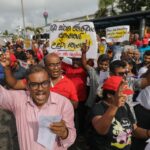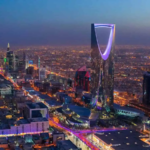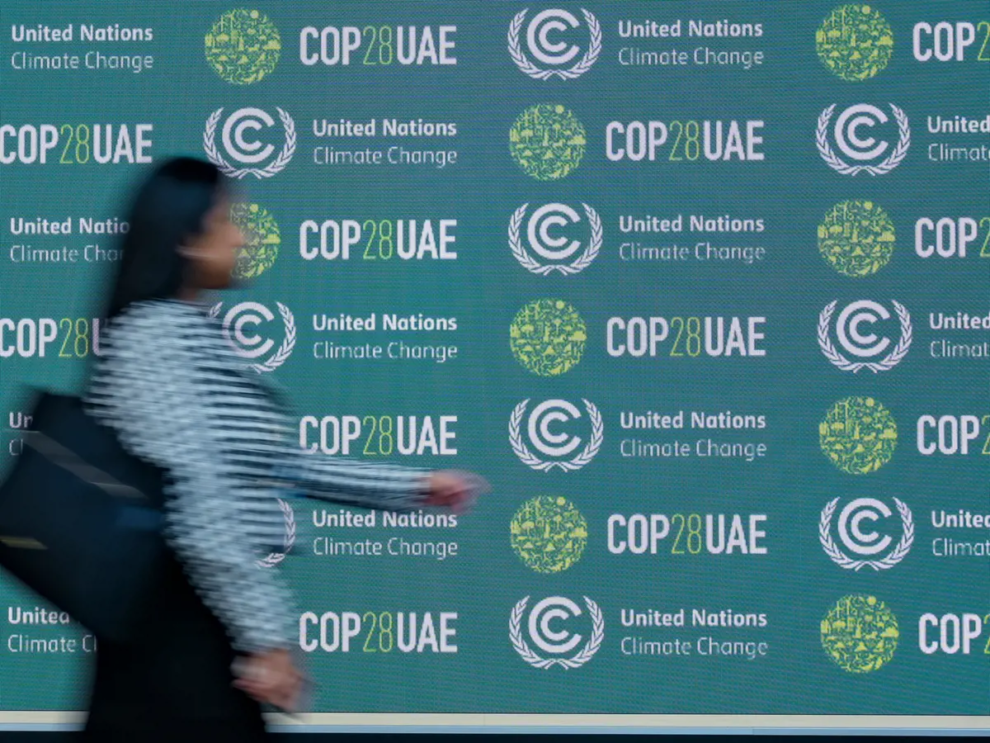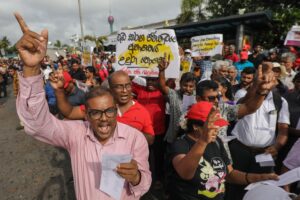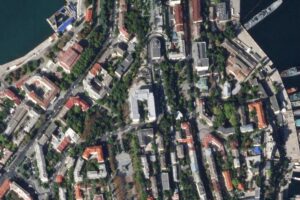The UK has asked the United Arab Emirates, one of its closest Gulf allies, to explain how it will guarantee free speech around the UN Cop28 climate summit in Dubai after the country refused to change its restrictive laws.
The refusal came after a four-yearly UN review of the UAE’s human rights record.
The UK is one of the closest allies of the UAE and it is unusual for London to make any criticism of the country’s ruling family.
However, the UK said in a statement issued at the UN human rights council (HRC) in Geneva: “The UK believes that freedom of expression is a universal human right. We are therefore disappointed that the UAE has not accepted our recommendation to guarantee the rights to freedom of opinion, and freedom of expression and for peaceful assembly, in line with international human rights law.
“In the year that the UAE will host Cop28, we ask that they share how they will assure citizens, residents and visitors of the UAE these rights now and in future.”
In August the UAE issued a joint statement with the UN broadly promising to guarantee free speech in response to a statement from more than 200 civil society groups fearing they would be muzzled at the summit.
The UAE later said that all Cop28 visitors would be permitted to “assemble peacefully to have their voices heard in designated areas”.
“The UAE is one of the most tolerant and diverse nations and the right to freedom from discrimination is protected by the UAE’s constitution,” the statement said.
At the time, Amnesty International challenged the lack of specifics in the joint UAE-UN statement, and it seems the UK government is also seeking further assurances.
Heba Morayef, Amnesty International’s regional director for the Middle East and north Africa, said: “It remains unclear exactly what the UAE authorities will allow, and whether a public demonstration by attendees, as has traditionally occurred in the middle weekend of Cop meetings in the host city, can take place.
“At the previous Cop meeting in Egypt last year, the space given over to protest was wholly inadequate, and the meeting was preceded by a crackdown and arrests by security forces.”
The joint statement issued by the UAE and the UN in August promised that the summit would be inclusive, and the UN said: “There will be space available for climate activists to assemble peacefully and make their voices heard.”
Human rights groups at the HRC meeting said the refusal of the UAE to sign either of the international human rights covenants before the Cop summit sent “an ominous signal”, adding that at least 26 prisoners of conscience remained in UAE prisons.
The UK’s Foreign, Commonwealth and Development Office recently apologised to a UK citizen and academic, Matthew Hedges, over its mishandling of his arrest on espionage charges in the UAE. During the periodic review of human rights in the UAE, the Foreign Office had pressed the country to abide by its detention laws, something the UAE accepted.
The climate summit organised by the UN meets annually and hosting duties rotate among member states. It is scheduled to take place between 30 November and 12 December in Dubai and will be headed by Sultan Ahmed Al Jaber, a minister and oil executive.
The UAE argues that the Gulf is one of the regions worst affected by the climate crisis, and its dependence on finite oil revenues makes it a country with a strong motive to adapt its economy to renewables.
Source : TheGuardian

